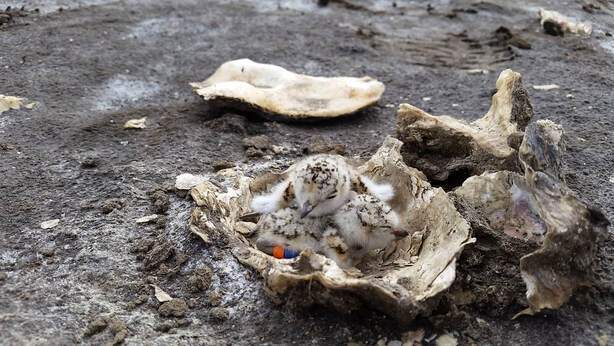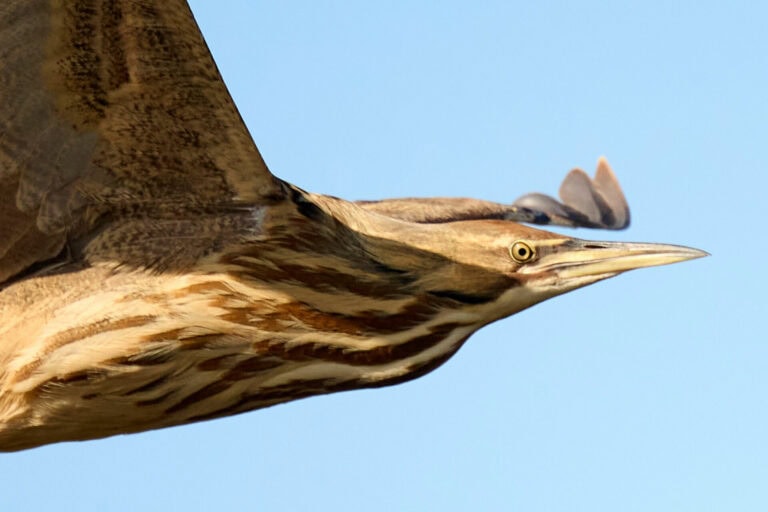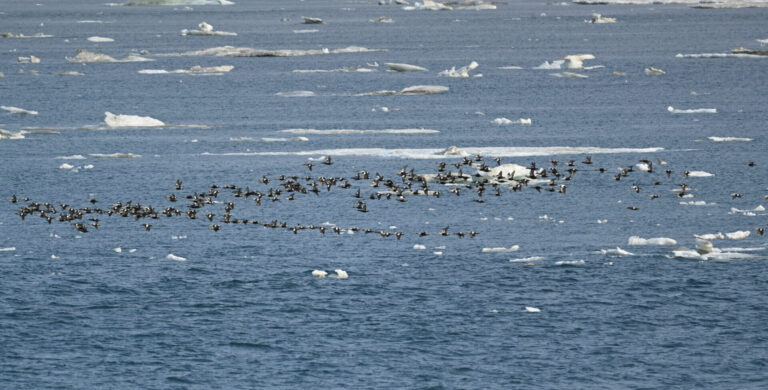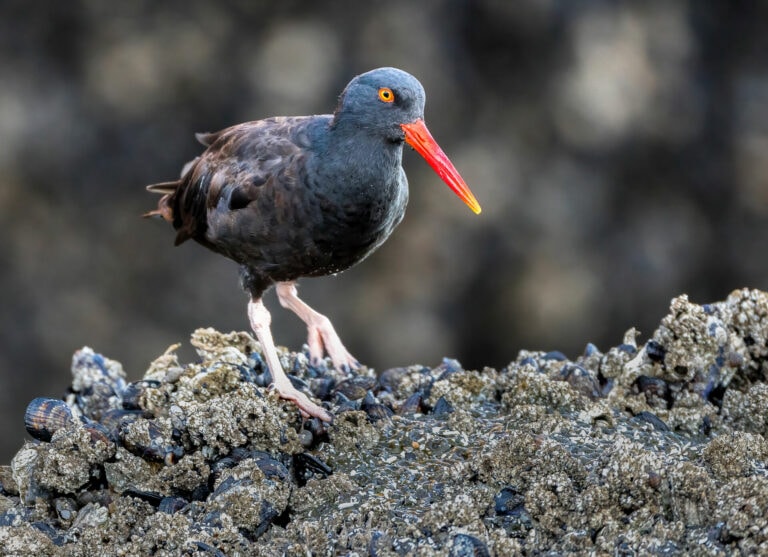Serendipity and Salt Ponds
California experienced rapid and widespread destruction and modification of natural
hydrological ecosystems and wetlands after the Gold Rush, including the loss of nearly all tidal
wetlands in San Francisco Bay, many of which were converted to commercial salt production
ponds. The South Bay Salt Pond Restoration Project is now restoring large swaths of tidal marsh
habitat, but they are faced with a new dilemma: many bird species that had used wetlands lost
or degraded elsewhere in California, including the Central Valley and Sierra Nevada, have come
to use the salt ponds as accidental habitat.
About Our Speaker
Dr. Van Schmidt is an ecologist whose research emphasizes understanding ecosystems and
land-use as coupled systems, combining field research with simulation methodology. His talk
will explore habitat use and connections between “serendipitous” anthropogenic wetlands not
only in the San Francisco Bay’s salt ponds, but across California, and reflect on how efforts to
adapt water-dependent ecosystems to climate change may have surprising trade-offs for
wildlife that need to be accounted for. The talk will draw not only on his current work as
Director of Landscape Sustainability Science, but also on past research at UC Berkeley on Black
Rails in the Sierra Nevada, the US Geological Survey on saline lakes and sage grouse, and on
reintroduced Whooping Crane’s use of farmland.
Date: Thursday, June 20 @ 7pm via Zoom
…




